The art of the denial
Share
Explore Our Galleries
Breaking News!
Today's news and culture by Black and other reporters in the Black and mainstream media.
Ways to Support ABHM?
By Phillipe Copeland, Boston Globe
How racism deniers obscure the reality of racism, minimizing its significance
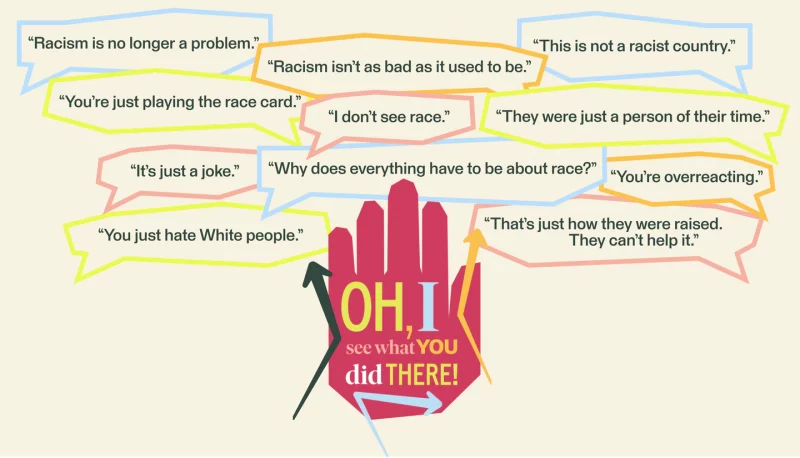
Elon Musk posted a video mocking some “Stay Woke” T-shirts he found in a closet at Twitter headquarters.
He also posted that the U.S. Dept. of Justice under Barack Obama found that Michael Brown, the teen whose killing sparked the Ferguson protests, did not have his hands up. The implication is Black Lives Matter is based on a fiction and lacks credibility. This only makes sense if you choose to ignore the rest of what justice officials found: Ferguson, Missouri, residents were victims of racist policing.
This fact does not concern Musk and other people though, because they are engaged in “racism denial.”
Racism denial involves obscuring the reality of racism or minimizing its significance. Racism denial is a political strategy. Its proponents know they benefit from racism and want to perpetuate it. They attempt to convince people racism is no longer an issue or is not a big enough one to require attention.
Racism denial is a coping tool. The contradiction of living in a society that preaches equality, freedom, and democracy but often practices the opposite, generates psychic distress, triggering denial. Whether reflecting strategy or psychology, racism denial comes in many forms.
From refuting to distorting, the Boston Globe provides examples of this denial.
You can see examples of this denial in action in our hateful speech exhibit.
Keep up with the latest Black news stories.
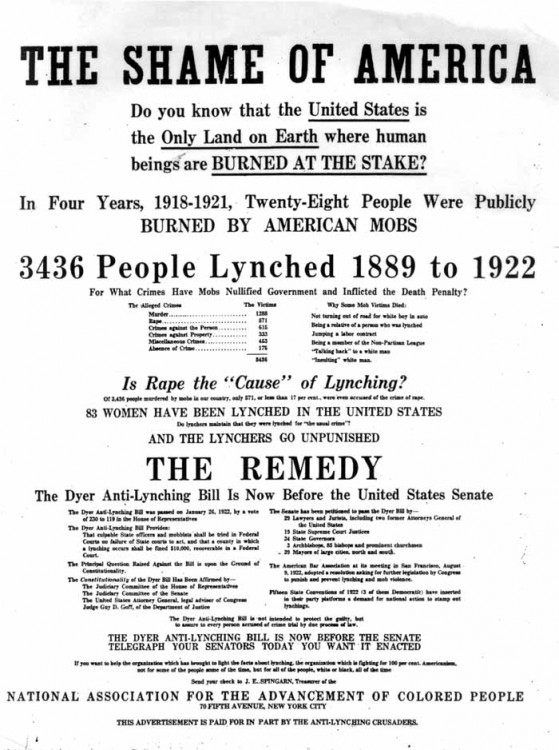
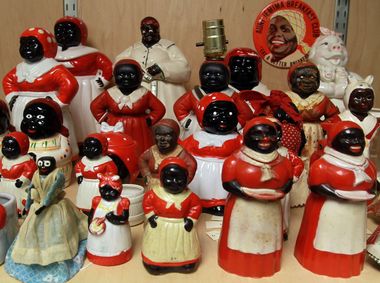
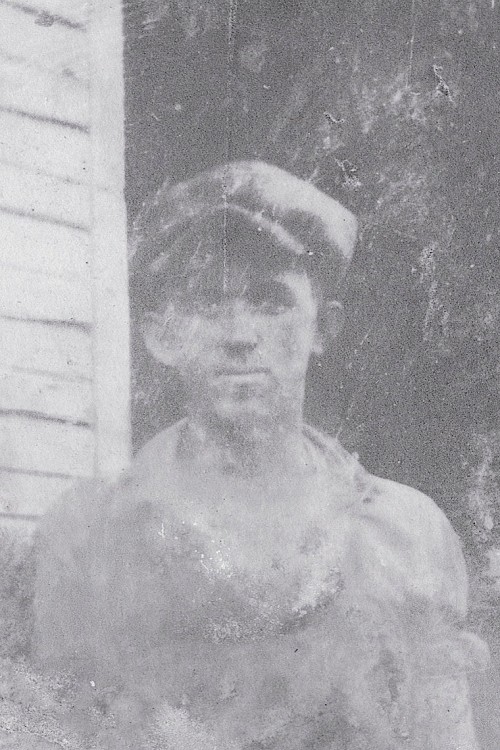
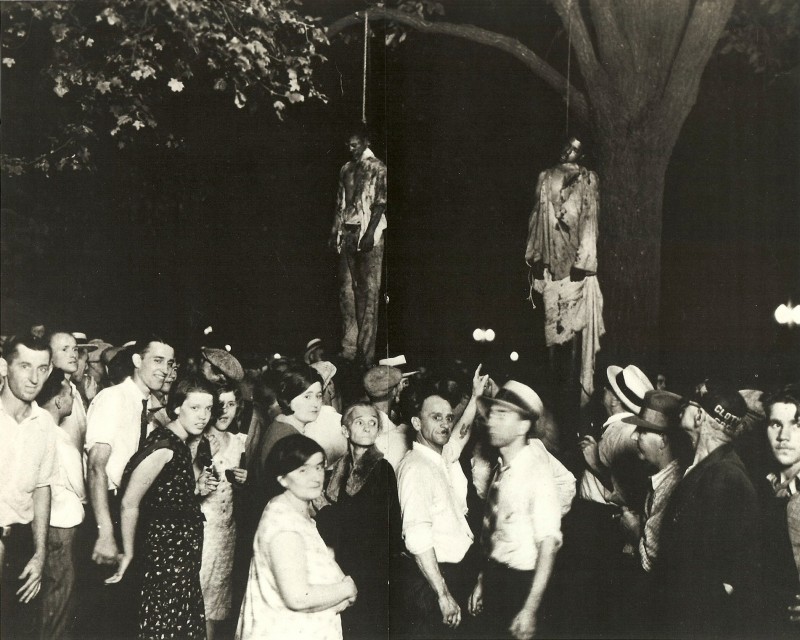
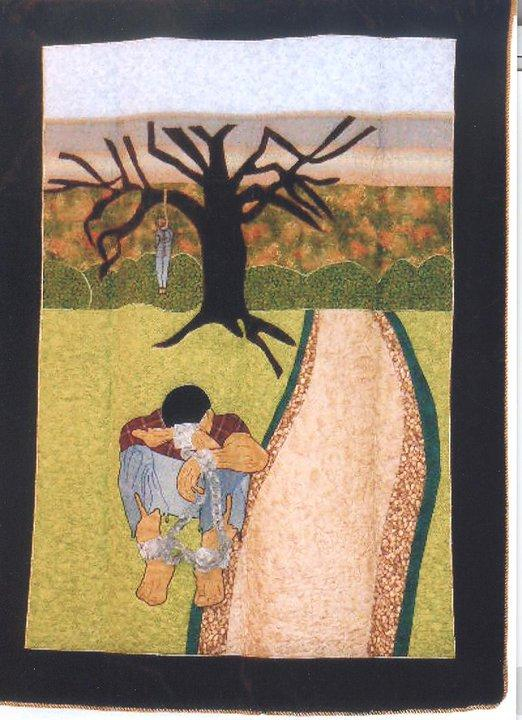
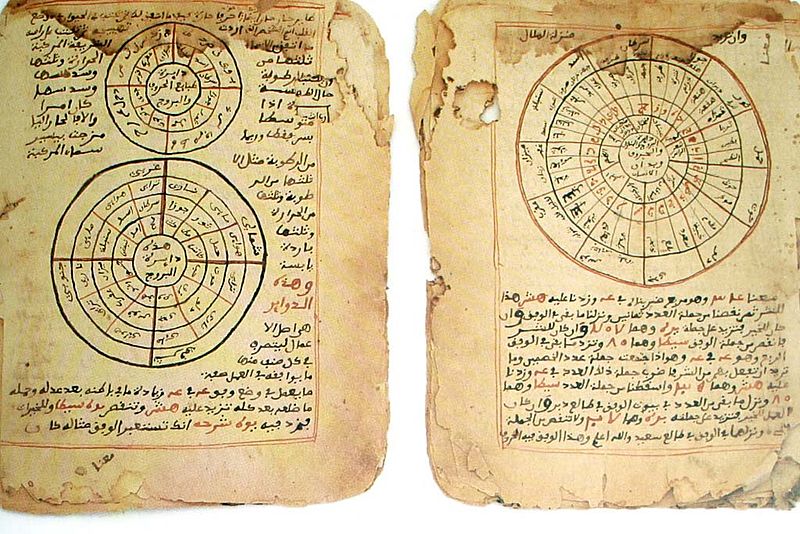
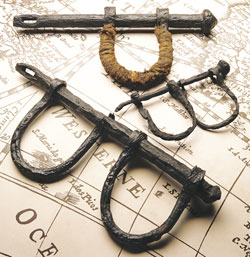

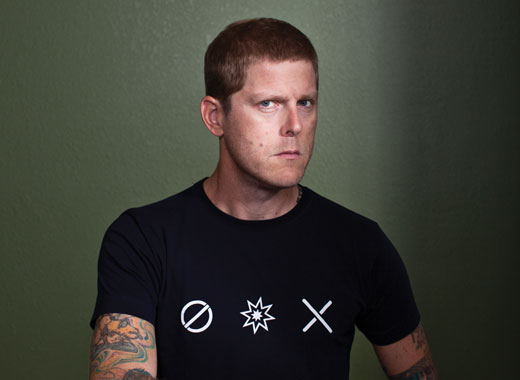
Comments Are Welcome
Note: We moderate submissions in order to create a space for meaningful dialogue, a space where museum visitors – adults and youth –– can exchange informed, thoughtful, and relevant comments that add value to our exhibits.
Racial slurs, personal attacks, obscenity, profanity, and SHOUTING do not meet the above standard. Such comments are posted in the exhibit Hateful Speech. Commercial promotions, impersonations, and incoherent comments likewise fail to meet our goals, so will not be posted. Submissions longer than 120 words will be shortened.
See our full Comments Policy here.